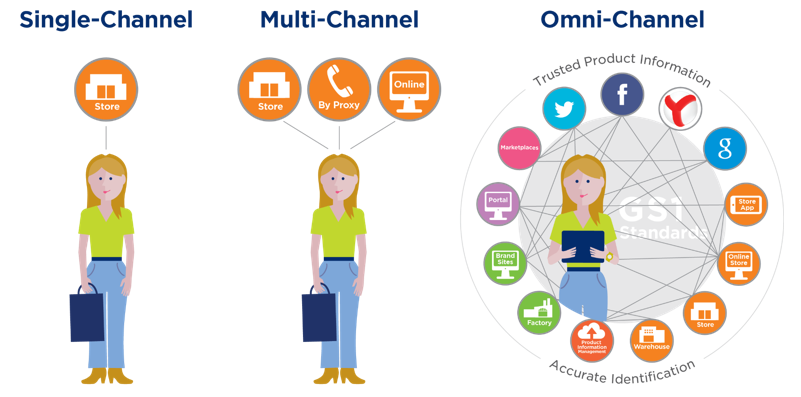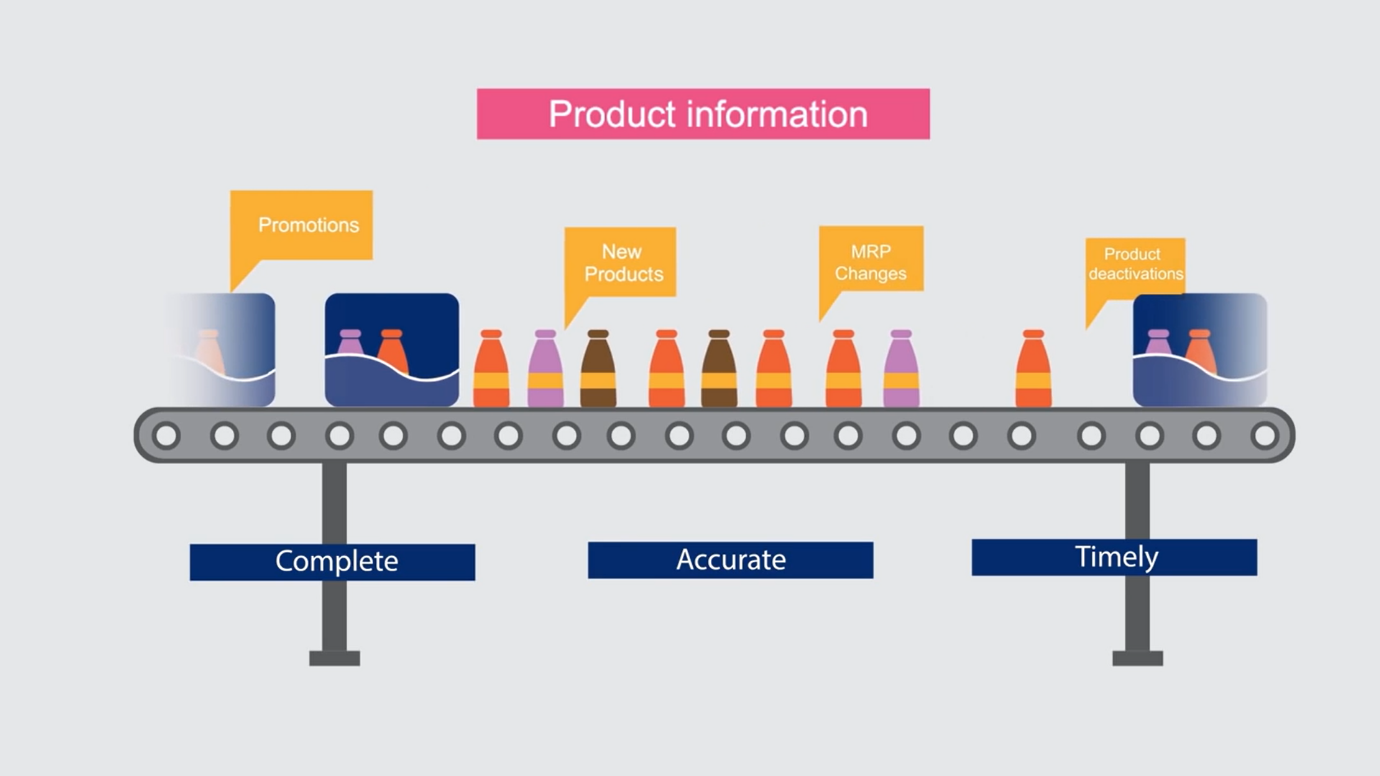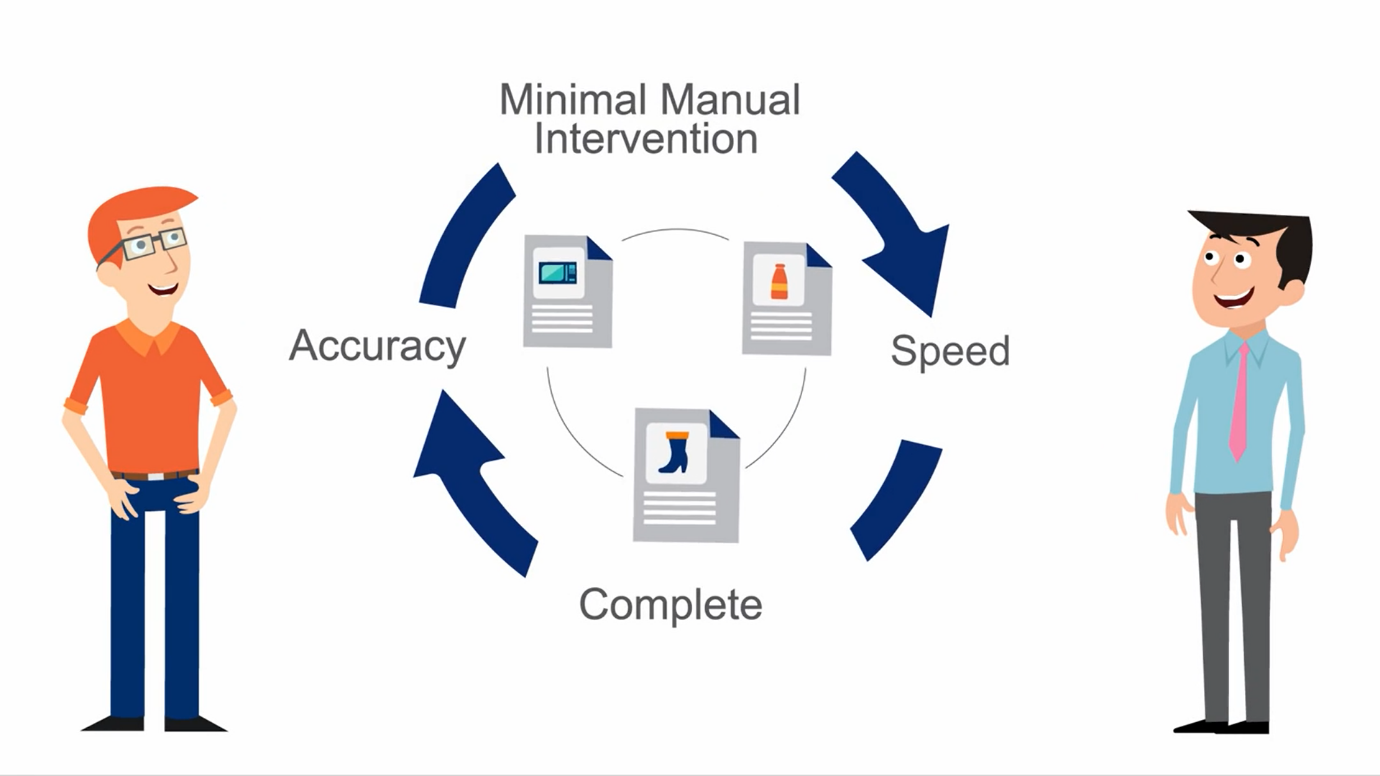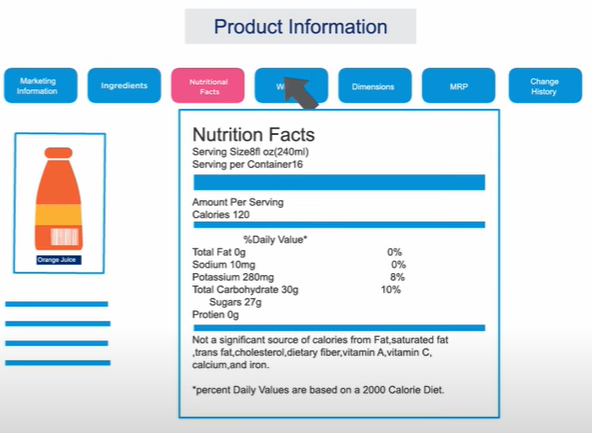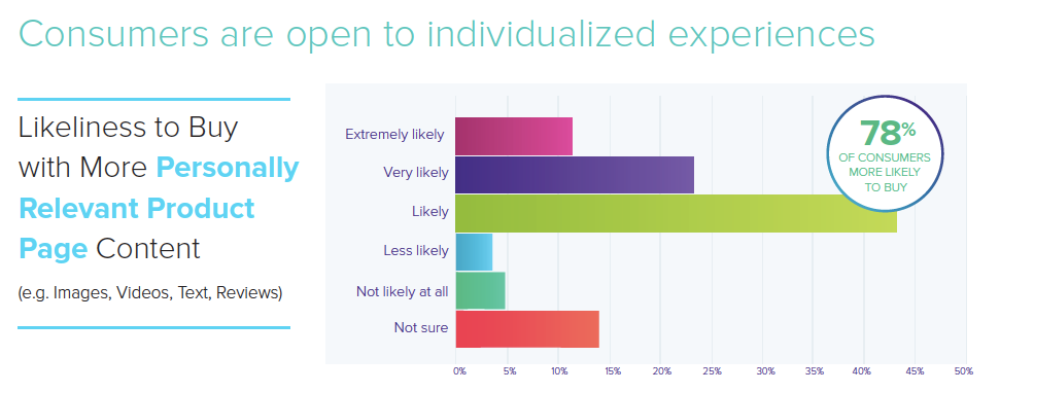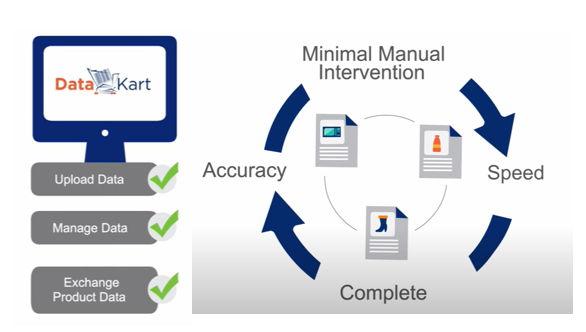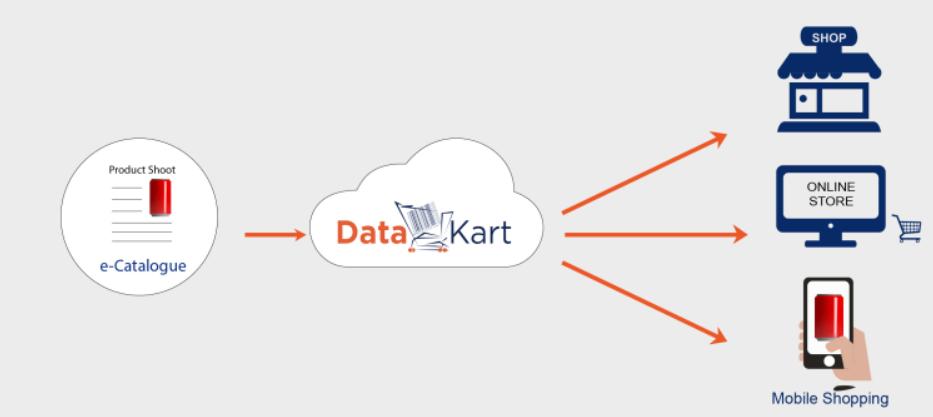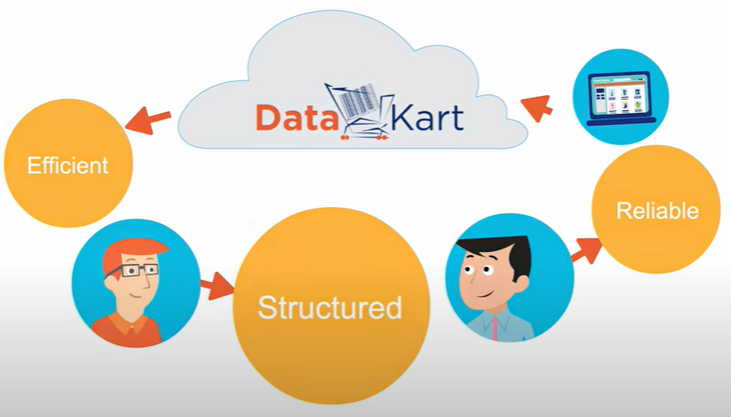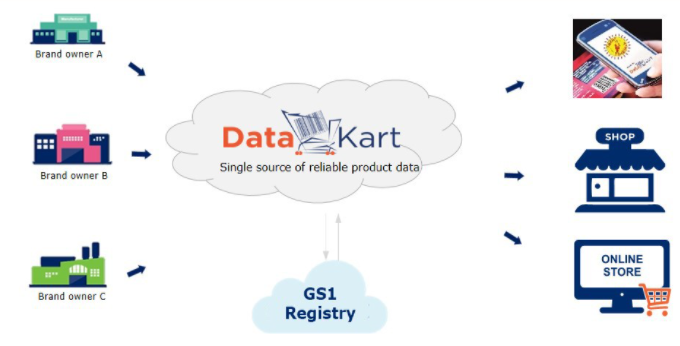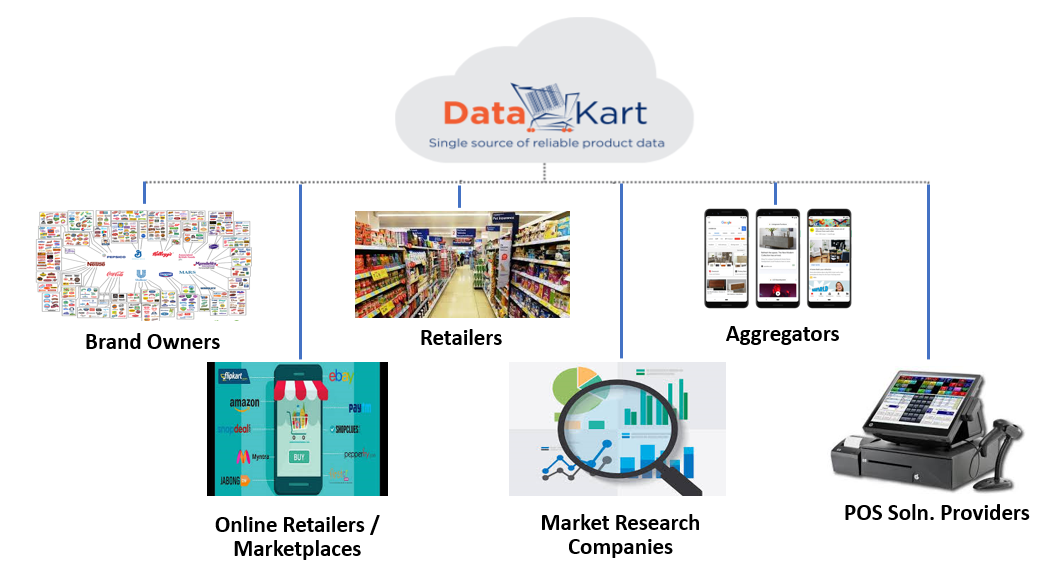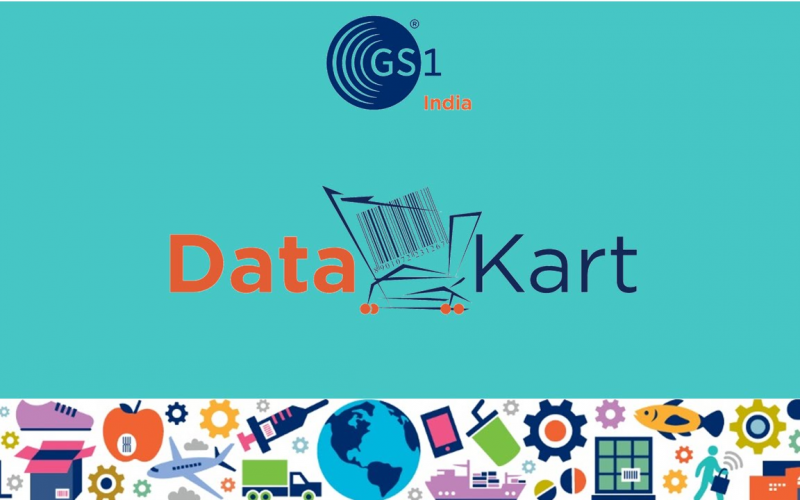Master data management is basically the set of tools and solutions that helps businesses manage their data effectively and profitably. With a boon in digitization, data has become a backbone for business analytics that drives profitability. Effective MDM helps business owners get significant insights into the market and understand the trends. Managing data empowers business owners to identify, analyse and report the key drivers of their business and adopt new business strategies accordingly. It is a tool that helps access business risk and improves business resiliency for unseen events such as the COVID-19 pandemic. MDM is an intelligent business investment that gives an overall business perspective by helping with data analysis, management, information sharing, and governance.
Most of the supply chains today are omnichannel, consisting of multiple retailers and distributors. The big data generated through various nodes can be challenging to handle because of the complexities involved. The product data shared in those omnichannel supply chains is available and shared in different formats across the network. Business owners must ensure that the time-sensitive information such as price, availability, product shelf life, etc., available to other nodes of the supply chain is always up to date. They need to ensure that their system is compatible to handle the volume, variety, and velocity of the data. Organizations lacking in any of these factors may face data management challenges such as inaccurate product information, duplicity, data threats, and lack of trust in the supply chain. Hence, MDM has become a need for a sustainable business.
Let us look at what attributes one should look at while choosing MDM services for managing product data and how GS1 India comply with those attributes.
Cloud-based storage:
GS1 India’s DataKart is a national product information repository that helps in collecting and storing data in a central cloud-based repository systematically and consistently. DataKart also ensures transparency in the system while sharing the data with stakeholders. DataKart helps brings all the nodes of supply chain together by providing a single cloud-based data storage platform. The information thus stored and shared via DataKart is always up-to-date, accurate and reliable.
Effortless data sharing:
With DataKart, you can share product data effortlessly and avoid the need of repetitive manual sharing. GS1 India’s MDM solution ensures the data is shared one-to-one with retailers and at the right time. This eliminates the need of manual sharing of data through emails with multiple nodes of the supply chain, which can be error-prone. Hence, the data shared is always updated and accurate with no human error. DataKart allows information sharing in the desired formats such as pdf, jpg, excel, etc. for the ease of business. Thus, Brand owners do not have to worry about the quality of images/ videos and copyright issues.
Quality of Information:
Any missing information can cause the business owner a considerable loss, but DataKart ensures that product information shared is complete with all the attributes. Product GTINs are verified for accuracy through the GS1 service called GTIN Validation, which strengthen trust in product information for brand owners, data recipients, and ultimately consumers. GS1 India’s MDM also helps in errorless PO generation.
Security:
With GS1 India, you don’t have to worry about the safety of your data. GS1 ensures product data safety through its SSL-secure server. The product information is available only on need basis hence, only authorized person can access the information as per his/her needs. With its secured system, GS1 India ensures fail-safe operation, robust protection against disaster, long-term reliability, expandability, and scalability. GS1 India is an ISO 27001 certified organization.
Instant Notifications:
DatakKart not only help in maintaining product list and their attributes up to time but also send a timely update of the changes. It gives instant notifications on whether the product is active or not, any price change, and informs about promotional product listing.
Enhanced Transparency:
By providing a single data storage and sharing platform, GS1 India’s MDM helps improving transparency in the system. Its smart consumer mobile app helps to connect with consumers directly and get their feedback and reviews in real-time. With GS1’s MDM solution, brand owners can get closer to their customers to improve their products.
Cost-saving:
GS1 India’s DataKart helps save costs by improving the efficiency of supply chain and logistics operations. DataKart provides a single view of the product that enables business owners to build an efficient supply chain. It helps to recollect product information in standardized manner. This gives access to volumetric data and helps brand owners strategize plans and make decisions accurately. GS1’s MDM also helps to improve productivity by reducing order mismatch issues that may lead to significant loss to the business owners.
Increased Revenue:
GS1 India’s DataKart fosters automation which reduces the need for manhandling of the data. Automation enables faster PO generation, improved fill rate, lesser stock out scenarios, and greater on-shelf availability. Thus, it enhances the quality of service. GS1’s single storage source meets both online and offline channel requirements and reduces time-to-market.
Barcode management:
GS1 India is the only organization set up by the Ministry of Commerce, Government of India, to authorize barcodes. GS1 India not only helps in getting barcode for your products but also manages the information linked to its GTINs as the barcode gets scanned at various nodes in the supply chain. DataKart allows to store this information and use it whenever and wherever required.
GS1 is a non-profit organization set up by the Ministry of Commerce, Government of India. With over 13000 companies and 5.5 million products across 40 categories, GS1 India has gained trust from various organizations for its Master Data Management services. GS1 India’s Master data management service helps in seamless handling and sharing of data among all the stakeholders of the value chain. GS1 India is highly trusted for Master data management. With GS1 India’s MDM services, Brand owners have realized up to 15% time saving, overcame reconciliation issues, improved fill rates, and accelerated automation in their process. To know more, visit GS1 India.






